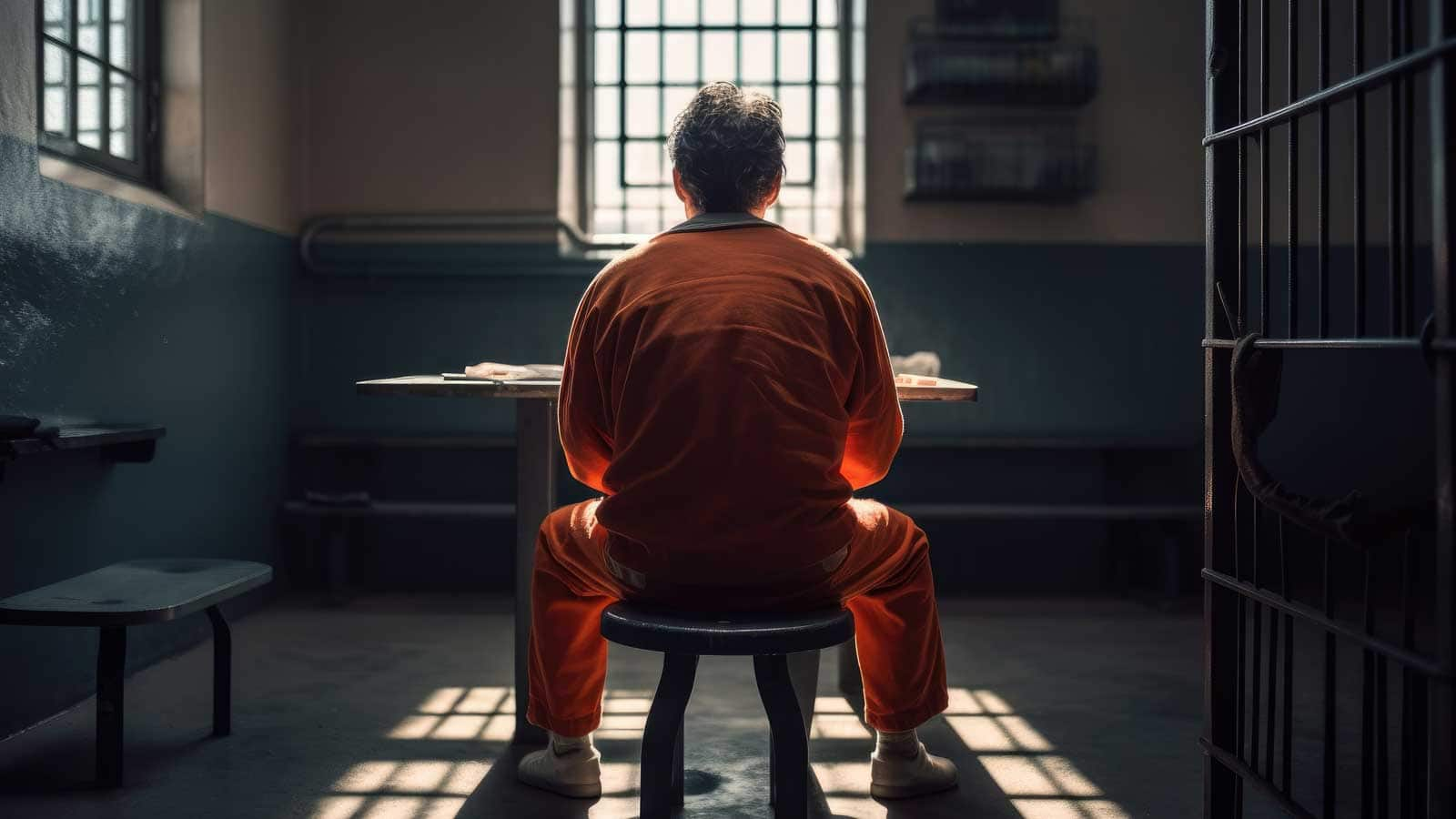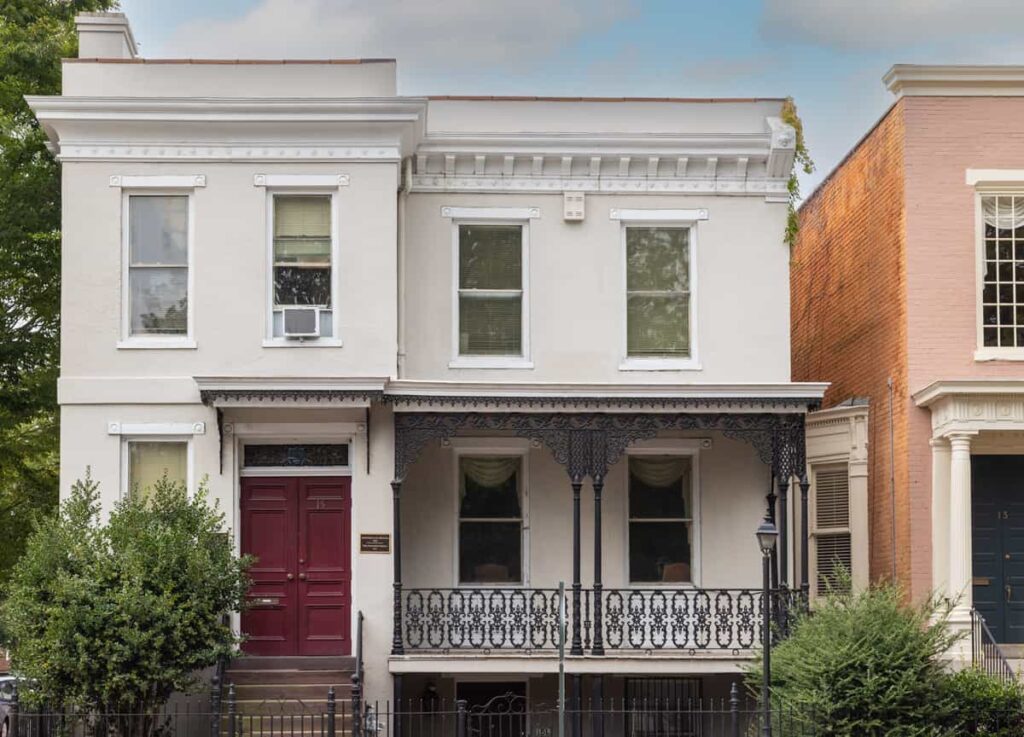A Guide to Understanding Your Rights and Options
Facing felony probation violations in Virginia can be a daunting prospect, with the potential for serious consequences. However, outcomes are typically not predetermined, and the right preparation and approach can have a significant impact on the resolution of your case. Whether you are dealing with this situation for the first time or have faced the courts on probation violations in Virginia before, understanding the details of your suspended sentence, the judicial process, and the potential for leniency is critical. Keep in mind that the outcome of a probation violation hearing can range from the imposition of additional penalties to the continuation of your suspended sentence. Each case carries its unique set of facts and legal considerations, and as such, it demands a well-informed and strategic approach.
Suspended Sentences and Probation Violations in Virginia
Understanding the Gravity of Suspended Sentences in Virginia
The first thing to keep in mind is that a suspended sentence is a real sentence. As in, ten years of suspended incarceration in the Virginia Department of Corrections needs to be viewed as a legitimate prison sentence. The only difference is that it has been suspended. The judge of a Circuit Court, in a probation violation hearing, often has the authority to impose some or all of that suspended sentence on the defendant.
When Can a Judge Impose a Suspended Sentence?
So, when can a judge impose the sentence? Recently, the sentencing guidelines for probation violations in Virginia were altered. Depending on whether it is the first, second, or subsequent violation, the judge will have different powers of discretion in imposing an active sentence from the period of suspended incarceration. Similarly, the nature of the violation itself will affect the judge’s discretion in imposing some or all of the suspended period of incarceration. The specifics of your case or of your loved one’s case will depend on the facts of the alleged probation violation.
The Risk of Violating Good Behavior Terms
Another thing to consider is that, despite being released from supervised probation, if a person is still subject to a term of good behavior on a felony conviction, they can still be brought back before the Court. So if you or your loved one was released from supervision but are still subject to the period of good behavior from the previous sentencing order, a hearing for probation violations in Virginia can still be brought. The difference is that someone no longer on supervision isn’t quite subject to the same number of potential pitfalls (e.g., not reporting on time, positive drug screens, etc.).
Judicial Discretion in Virginia Probation Violation Hearings
The good news is that, as was mentioned earlier, the judge will have discretion at these hearings to do what he or she feels is appropriate for the case. So while there might be a period of ten years of suspended incarceration on a felony sentence, the judge will have the discretion to impose only a fraction or none at all of those ten years. Even where revocation guidelines recommend a considerable length of incarceration, there is typically also a fairly broad range of time. Judges have the ability to deviate downward from the recommended range, but they will want to have a reason they can point to for having done so. Make sure that you are able to give them a good reason, or reasons.
Steps to Take if Facing a Probation Violation in Virginia
Building a Strong Case for Leniency
This makes it supremely important to present a good case to the judge. If substance abuse has been a problem, demonstrate sobriety for as long as possible before the violation hearing. If a failure to report properly to probation has led to a major violation report by your probation officer, then make every effort to stay in contact with probation and parole while on bond (assuming you are fortunate enough to get a bond prior to your hearing). If restitution hasn’t been paid to a victim, then try your best to start making payments or, better yet, pay off the restitution in full before the hearing.
Demonstrating Reform and Compliance
The list goes on, but essentially the violation hearing is a critical time during which you can demonstrate to the judge (and to the Commonwealth’s Attorney, who will be present) that you have turned a corner and are on the road to recovery and/or the behavior that the judge had wanted to see from the beginning. Late is truly better than never in these situations, so make the most of any opportunities that come with receiving a bond on a probation violation charge.
The Importance of Humility in Court
Even if you have done everything and more that the court has asked for, or have served more time before receiving a bond than the revocation guidelines for your hearing recommend, do not come into court with a sense of arrogance or carry an obvious presumption in body language that the judge has nothing left to throw at you. It is important to show contrition and appear before the judge with humility. There is no shortage of moments in courts when judges take note of attitudes that make them think poorly of a defendant. Let other people’s mistakes in body language or tone of voice be a free lesson for you!
The Dynamics of Probation Violation Court Hearings
Another aspect of probation violations in Virginia to consider is that these types of hearings are typically held on a special docket, perhaps once or twice a month in front of the judge who normally handles them. You or your loved one will be in court with many others also accused of violating their probation. Some will have done well. Some will have done poorly. Needless to say, you or your loved one will want to be among those who please the judge through demonstrating a solid effort to improve themselves and follow the rules of the probation officer or of good behavior.
The Role of an Experienced Defense Attorney
This is just a brief overview of the process. The specifics of your case may depend on the particular sentencing practices of the judge in front of whom the hearing will be held. It’s a fact of life that some judges are tougher than others. No amount of sentencing guidelines will totally remove this aspect of probation violation hearings. This is where hiring a Virginia defense attorney experienced in probation violation hearings can be very helpful for your case, even if it’s just to mentally prepare you for what to expect from a judge.
If you or a loved one has been accused of violating probation terms or conditions of good behavior, remember that the path forward is about making informed, proactive decisions. This is not the time for passive hope; it’s a moment to assert control over your future. Put forth your strongest effort, show the court your commitment to improvement, and approach your hearing with the humility and preparedness that can make a real difference.
Above all, understand the importance of having a seasoned advocate by your side. Virginia criminal defense lawyer David G. Parker brings a wealth of experience and a track record of success to your corner. As a former prosecutor, hee knows the local legal landscape and has the insights and strategies to navigate a probation violation in Virginia effectively. Don’t leave your fate to chance. Take decisive action today and reach out to David G. Parker for a free consultation that could be the first step toward turning the tide in your favor.
Contact David G. Parker now to secure a partner in your defense who is as invested in your case as you are in your future.







